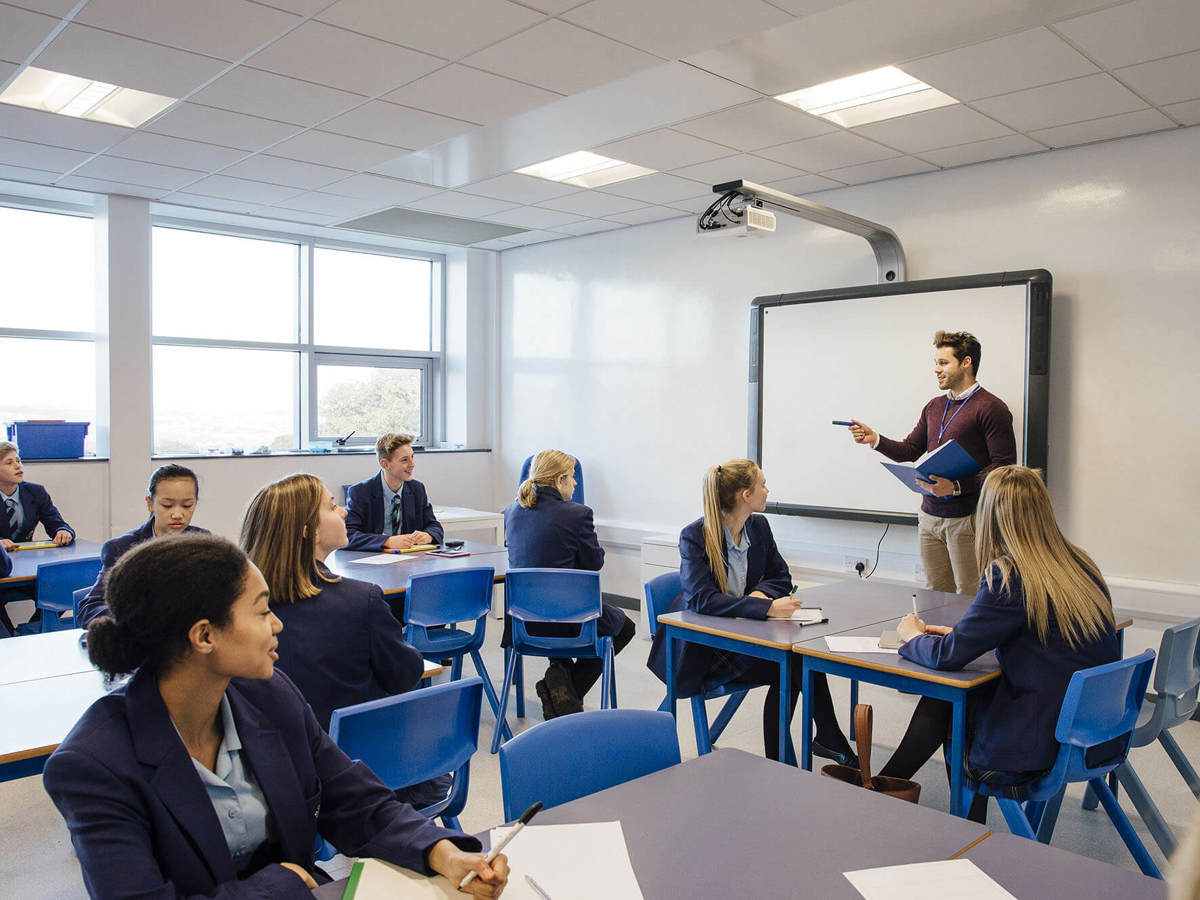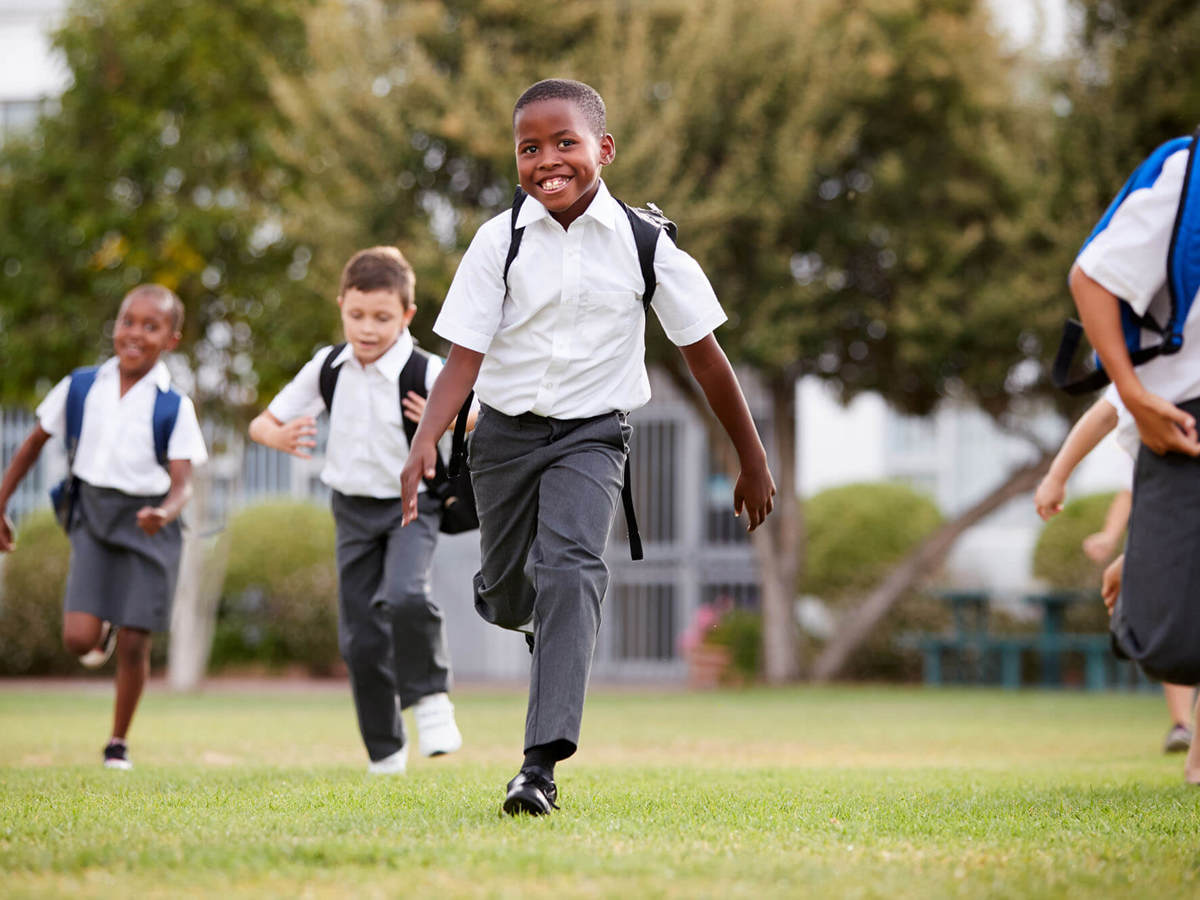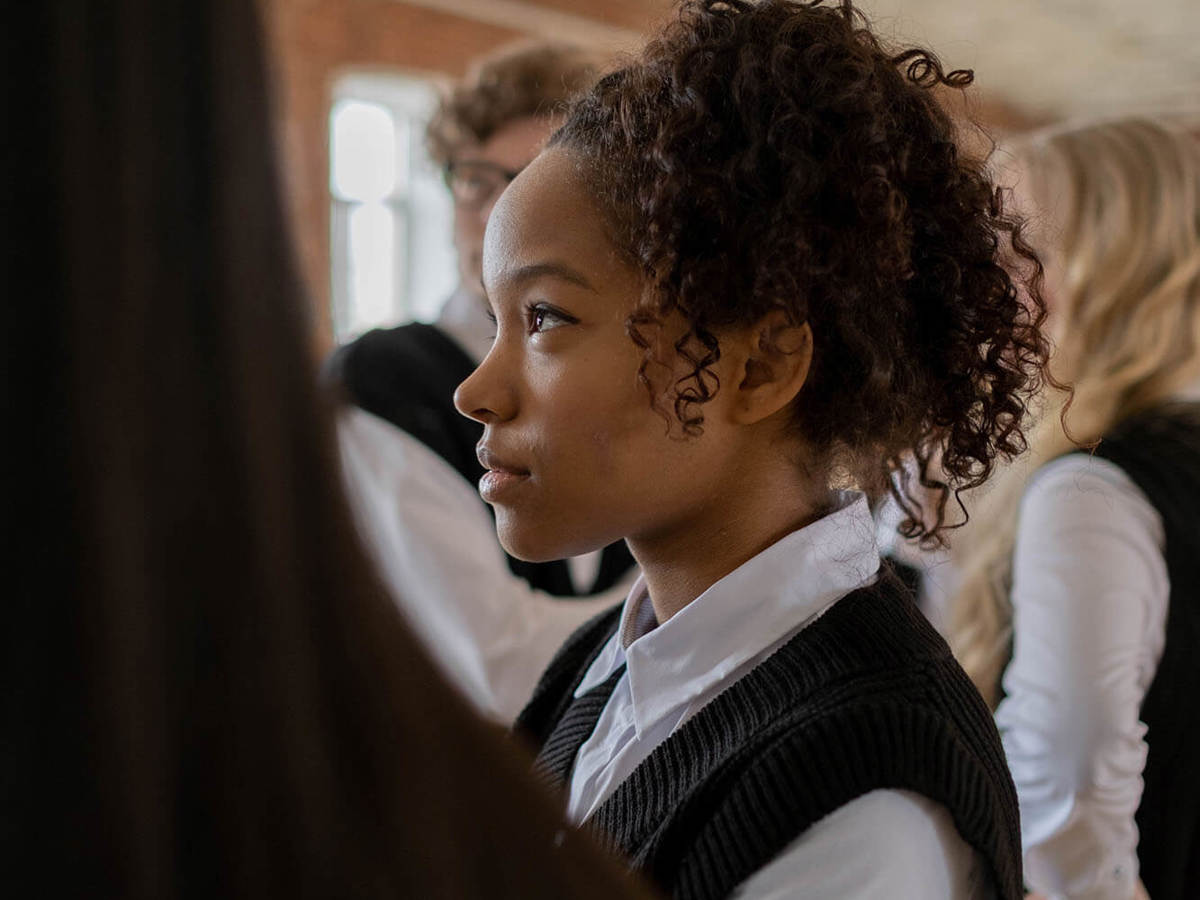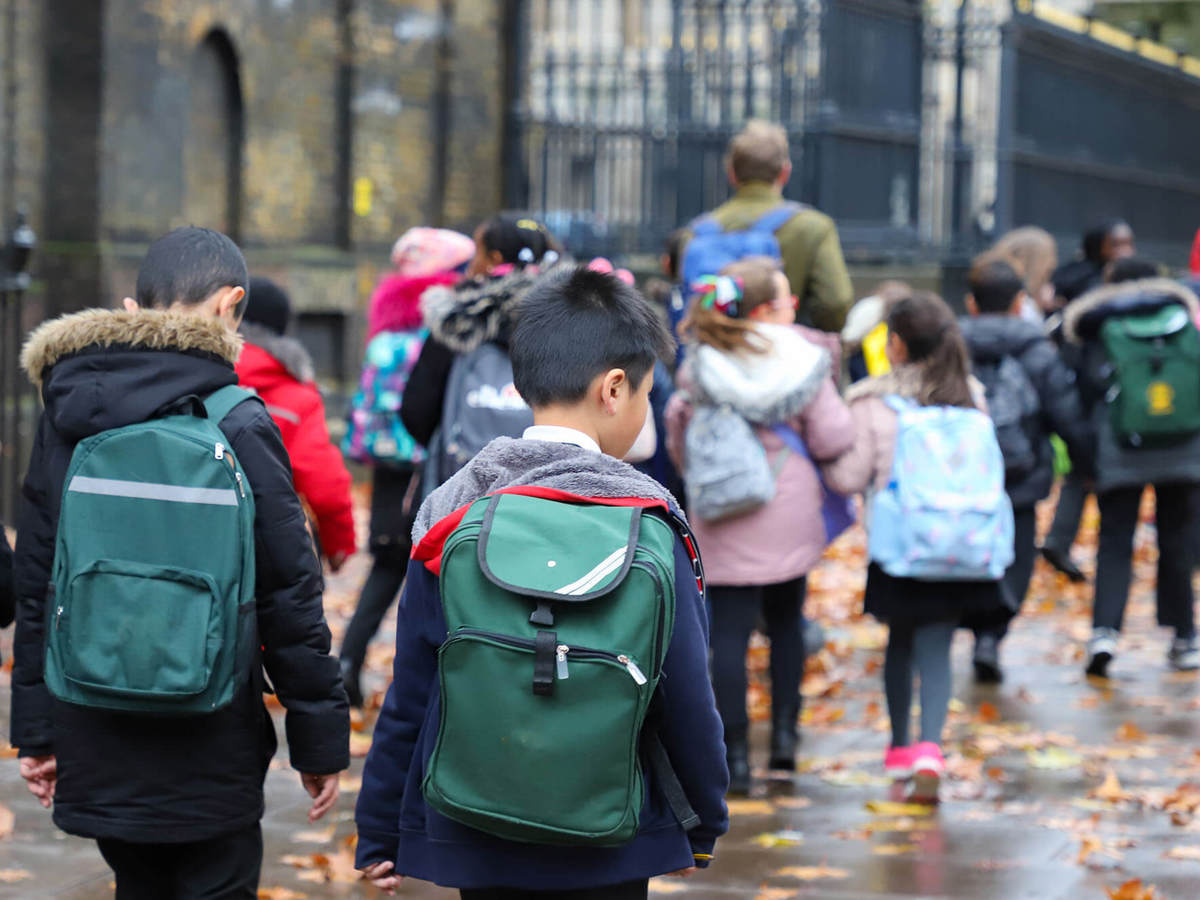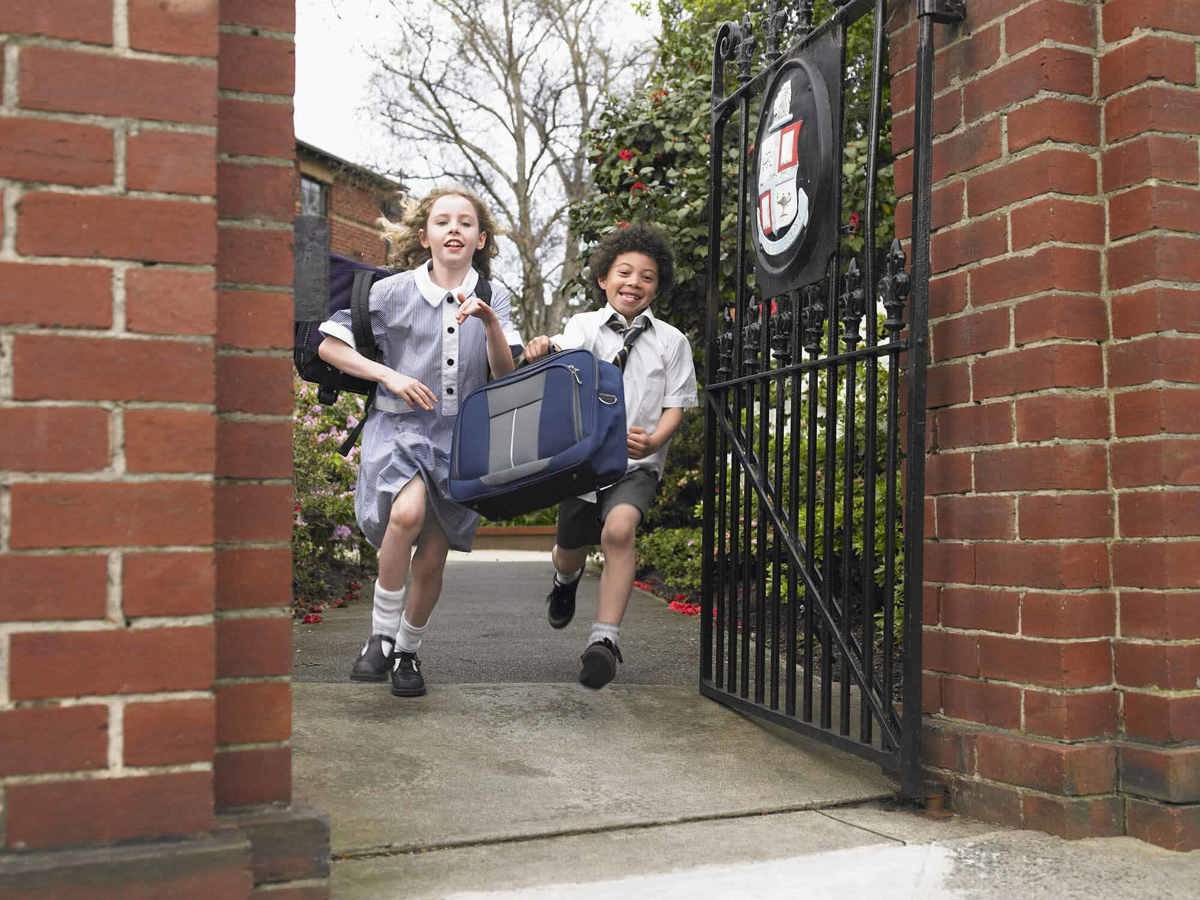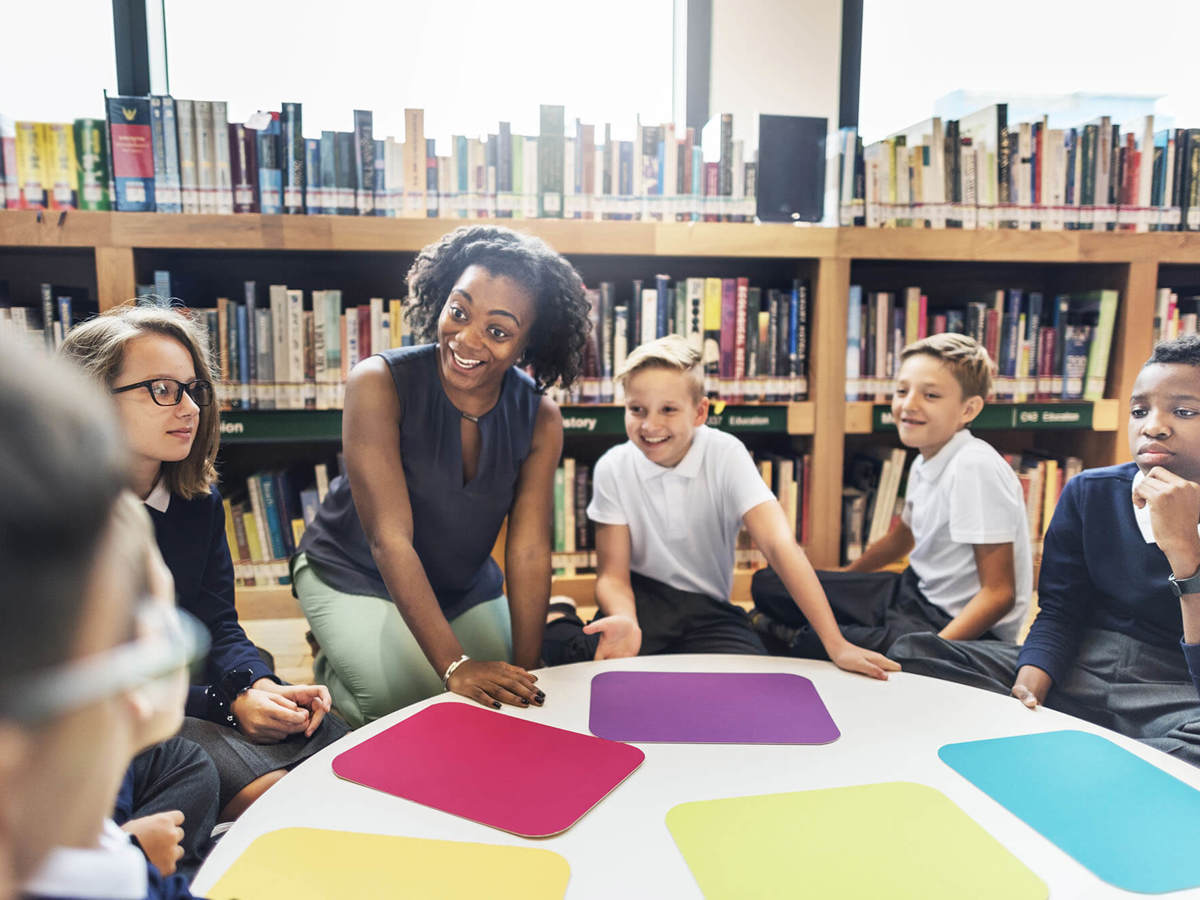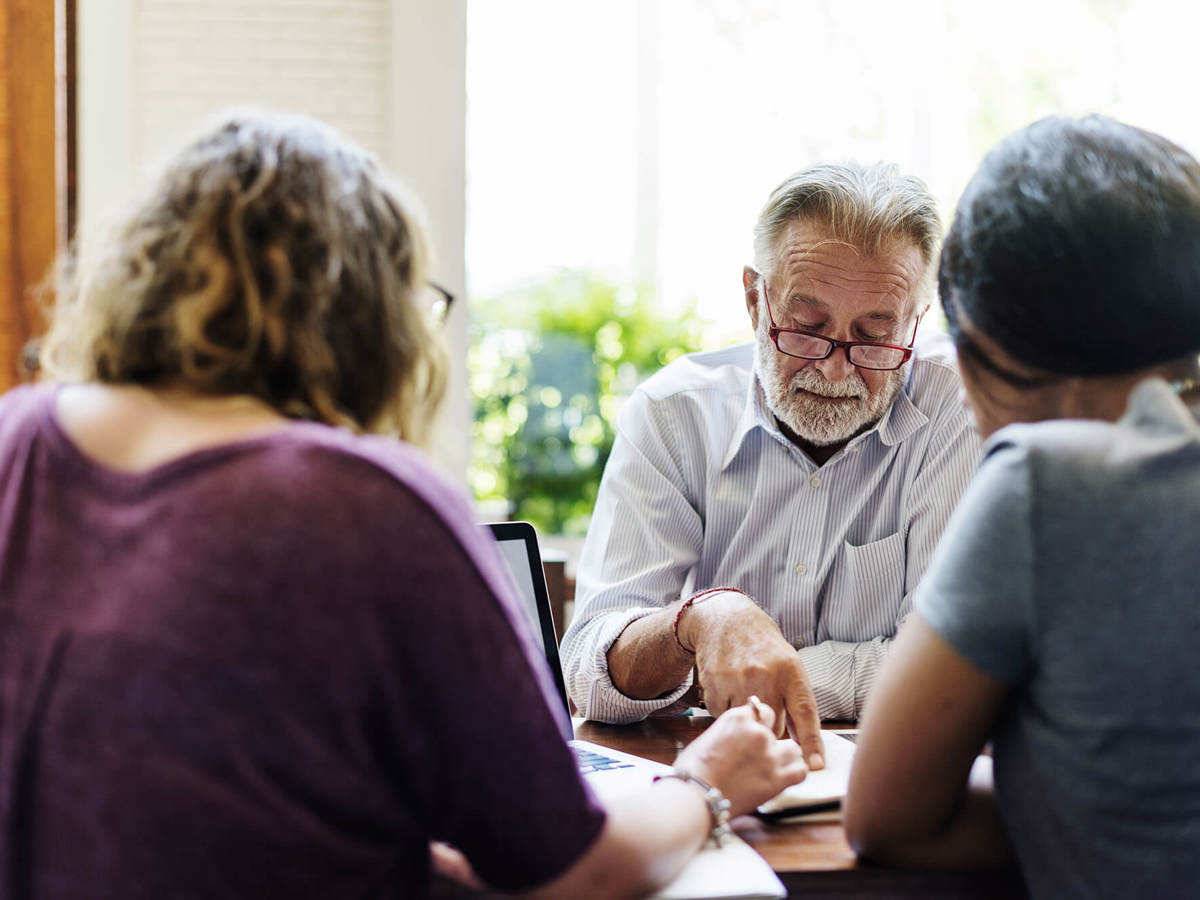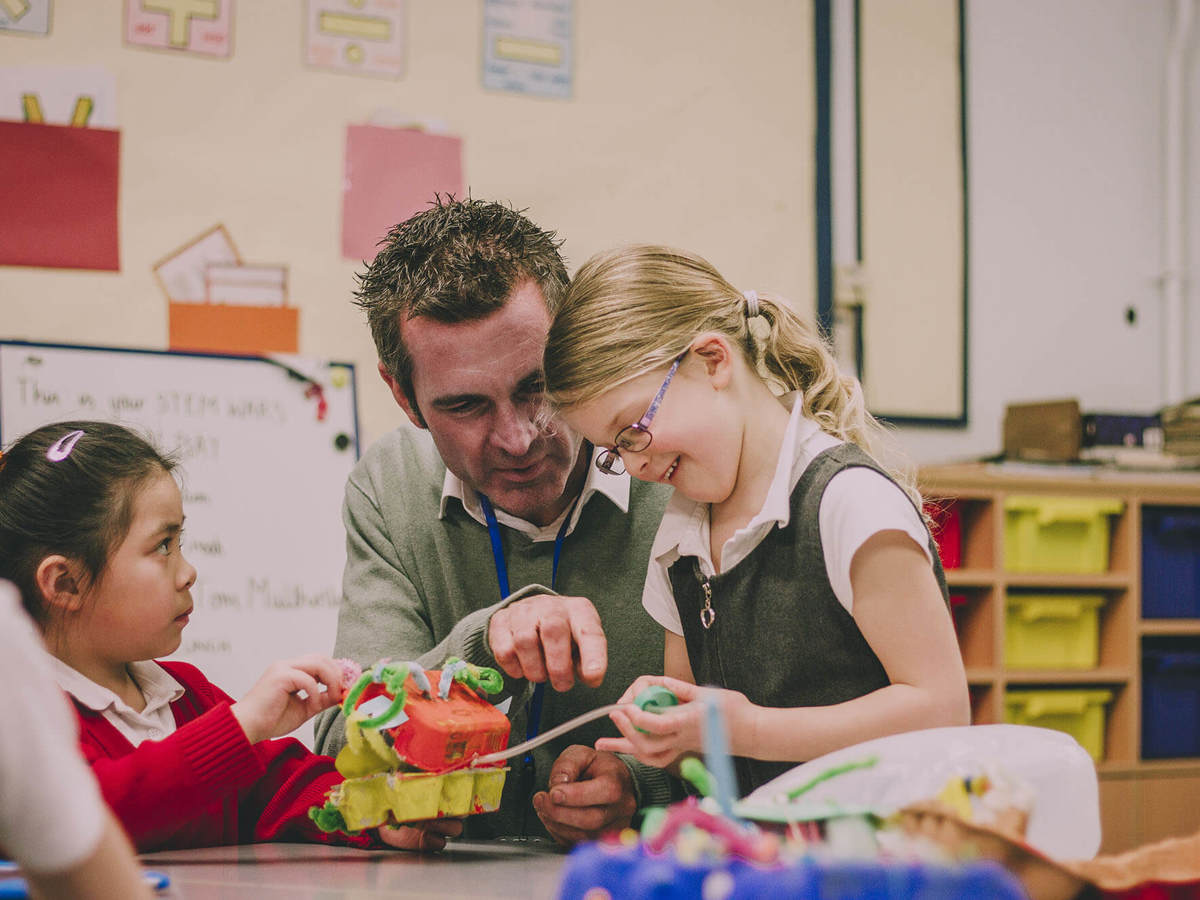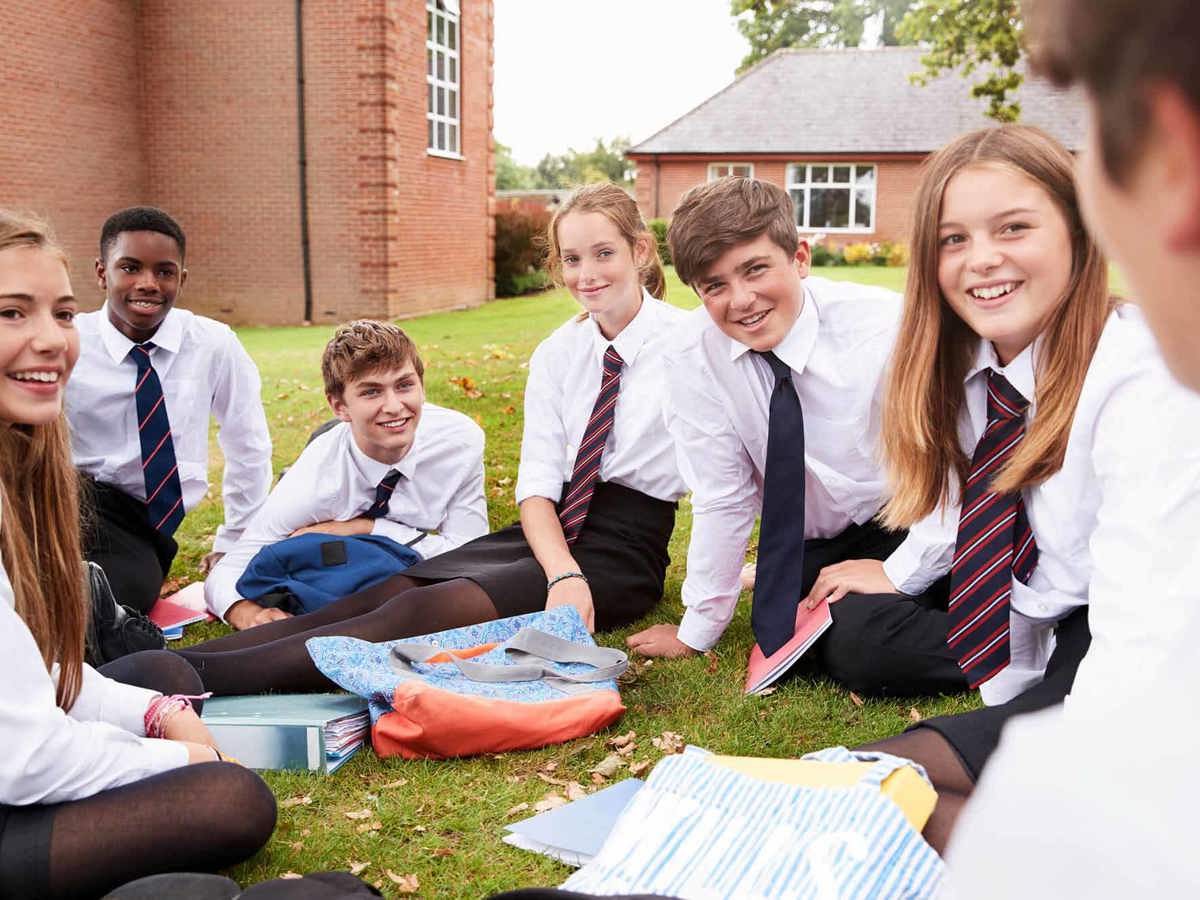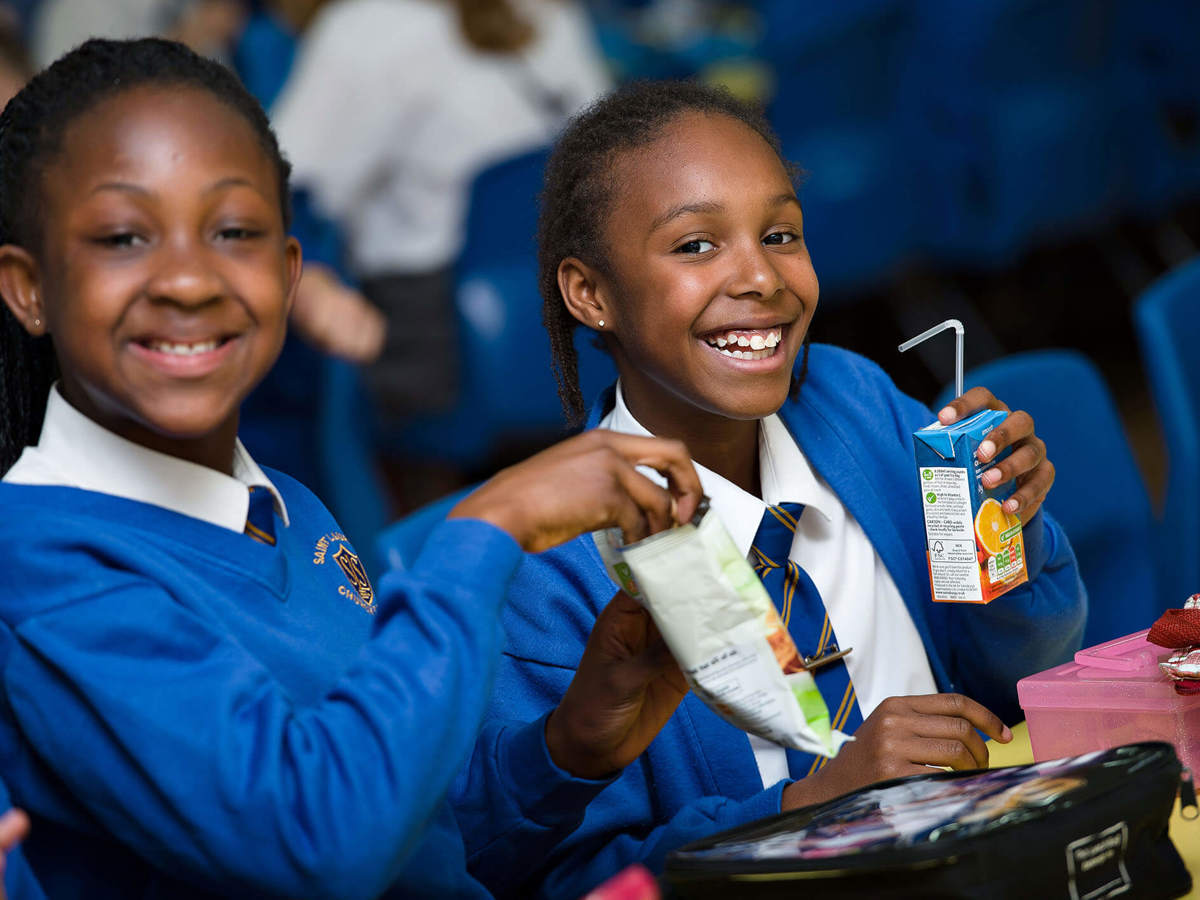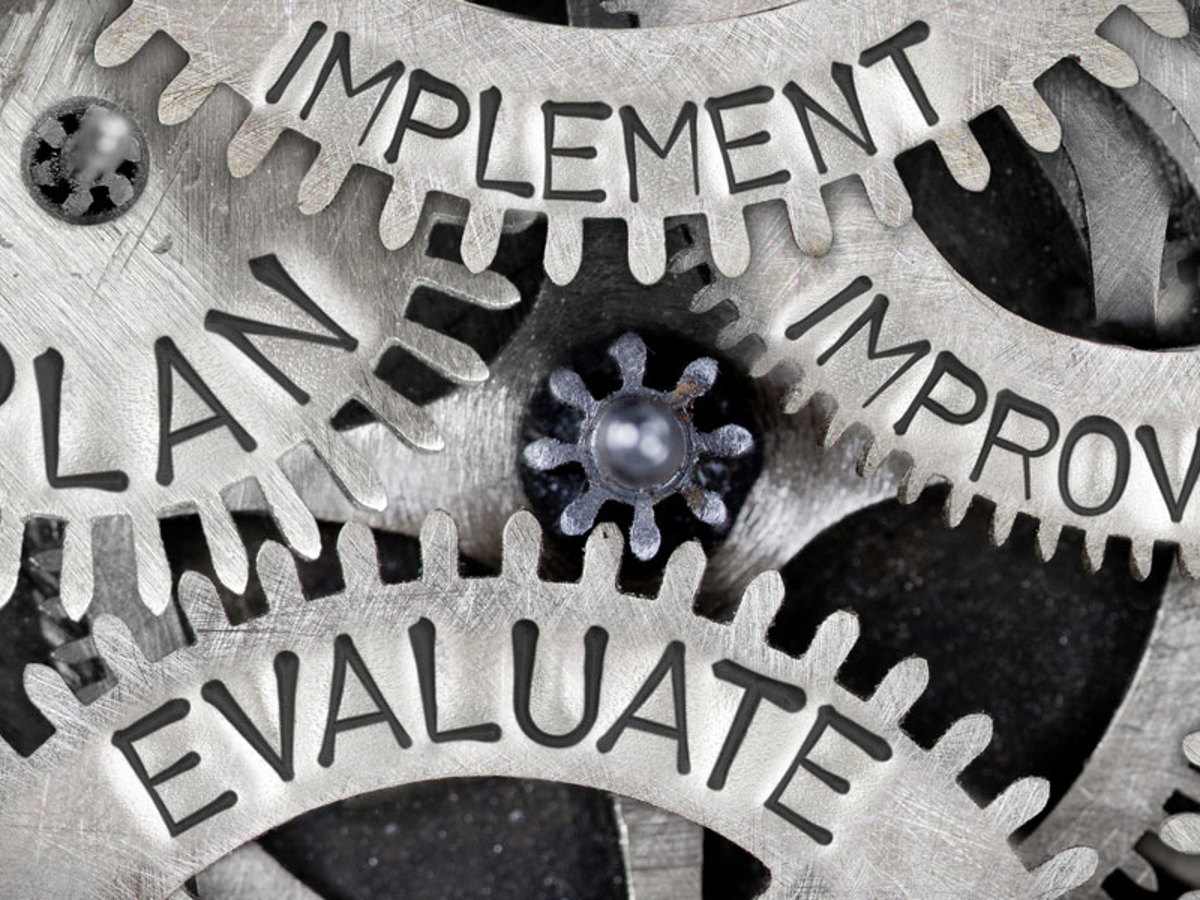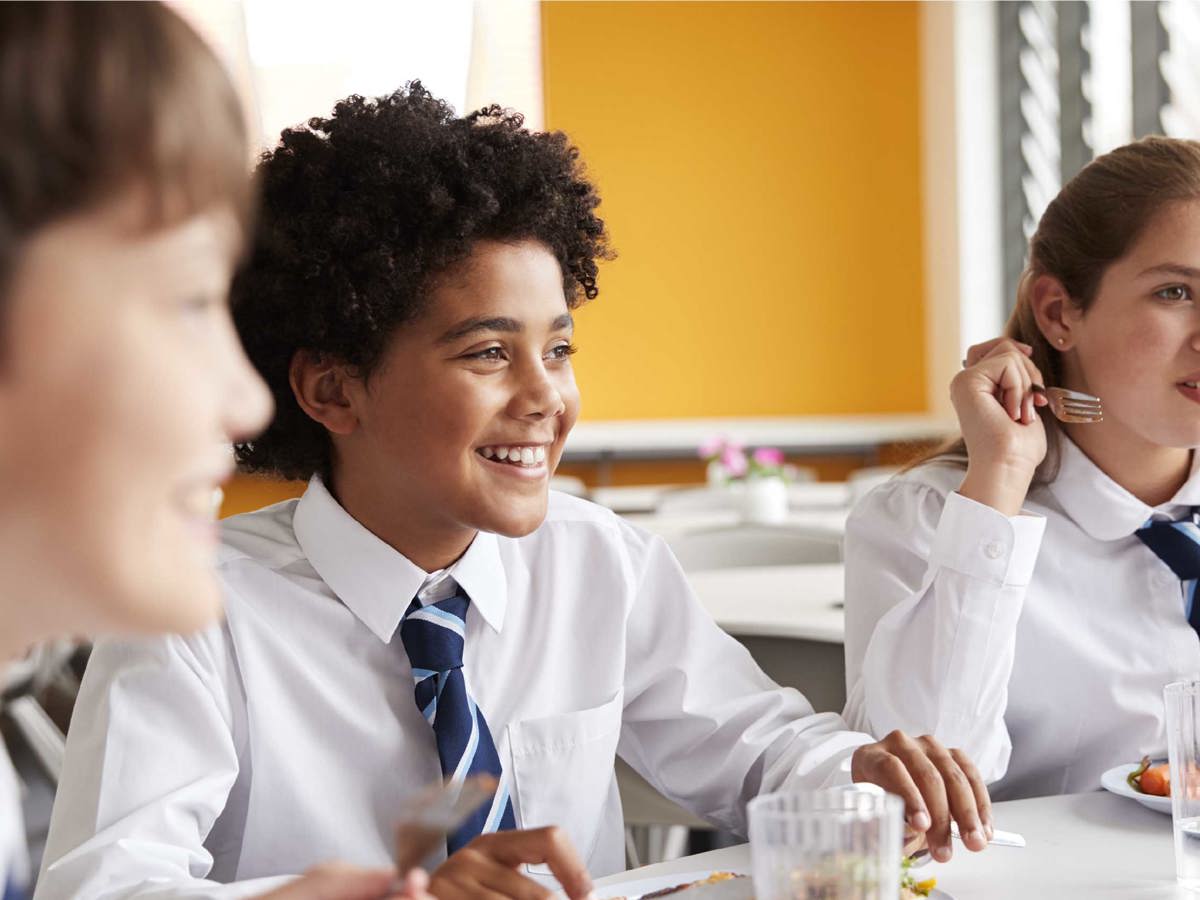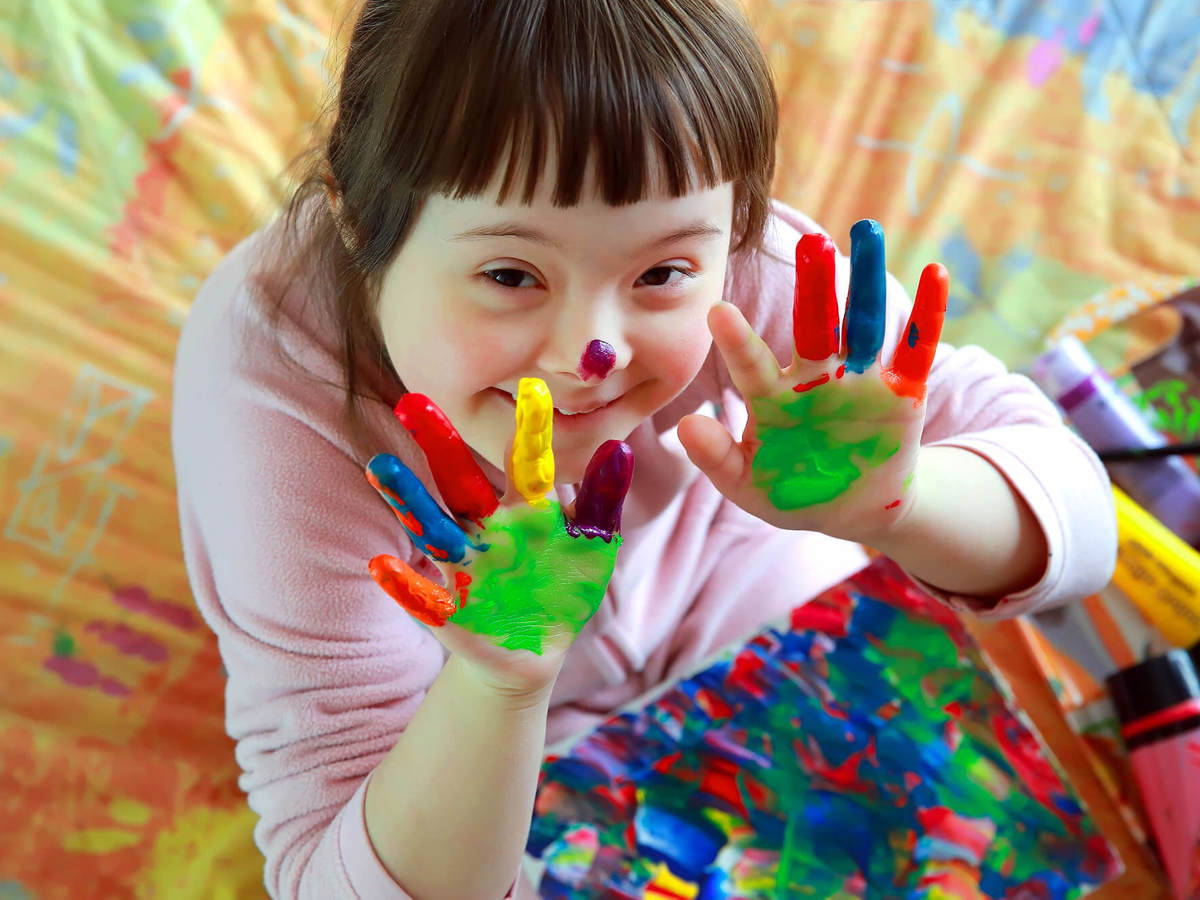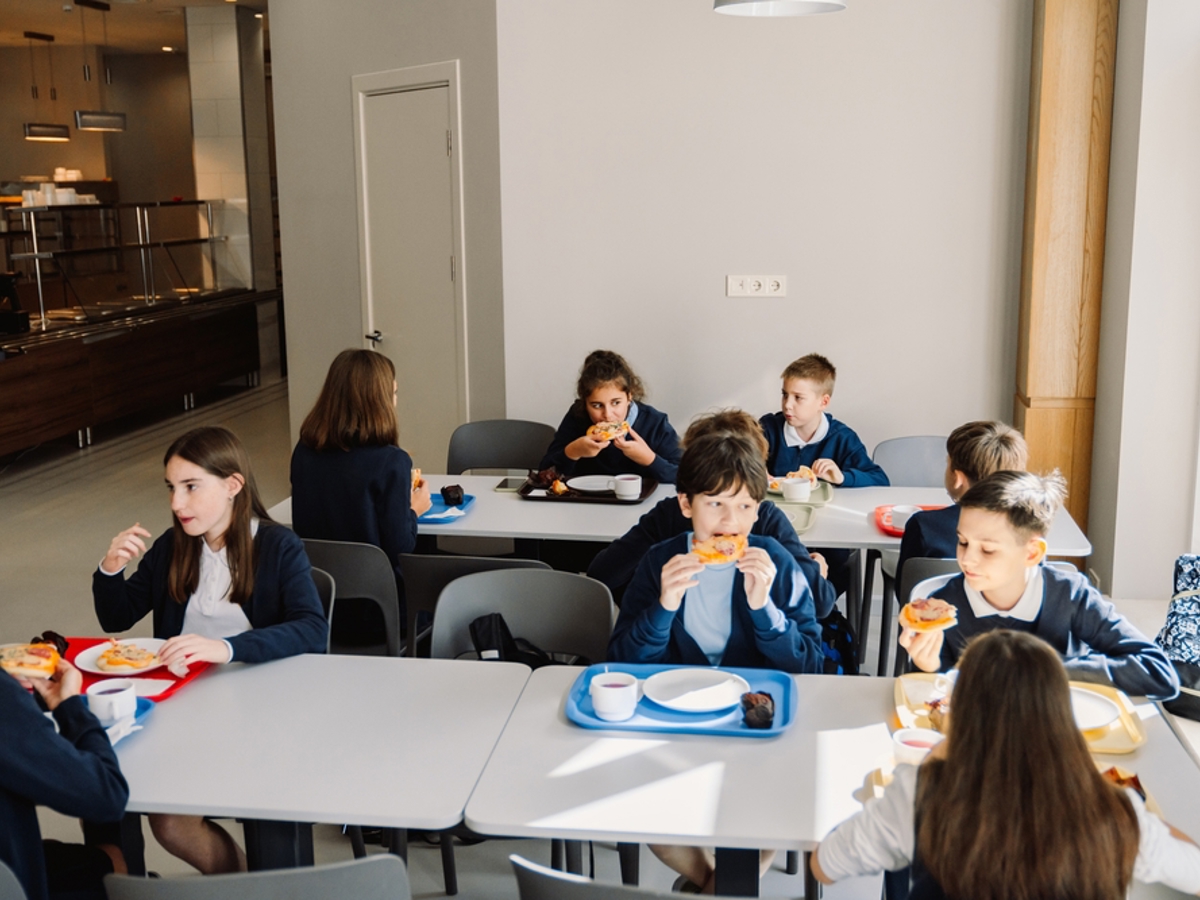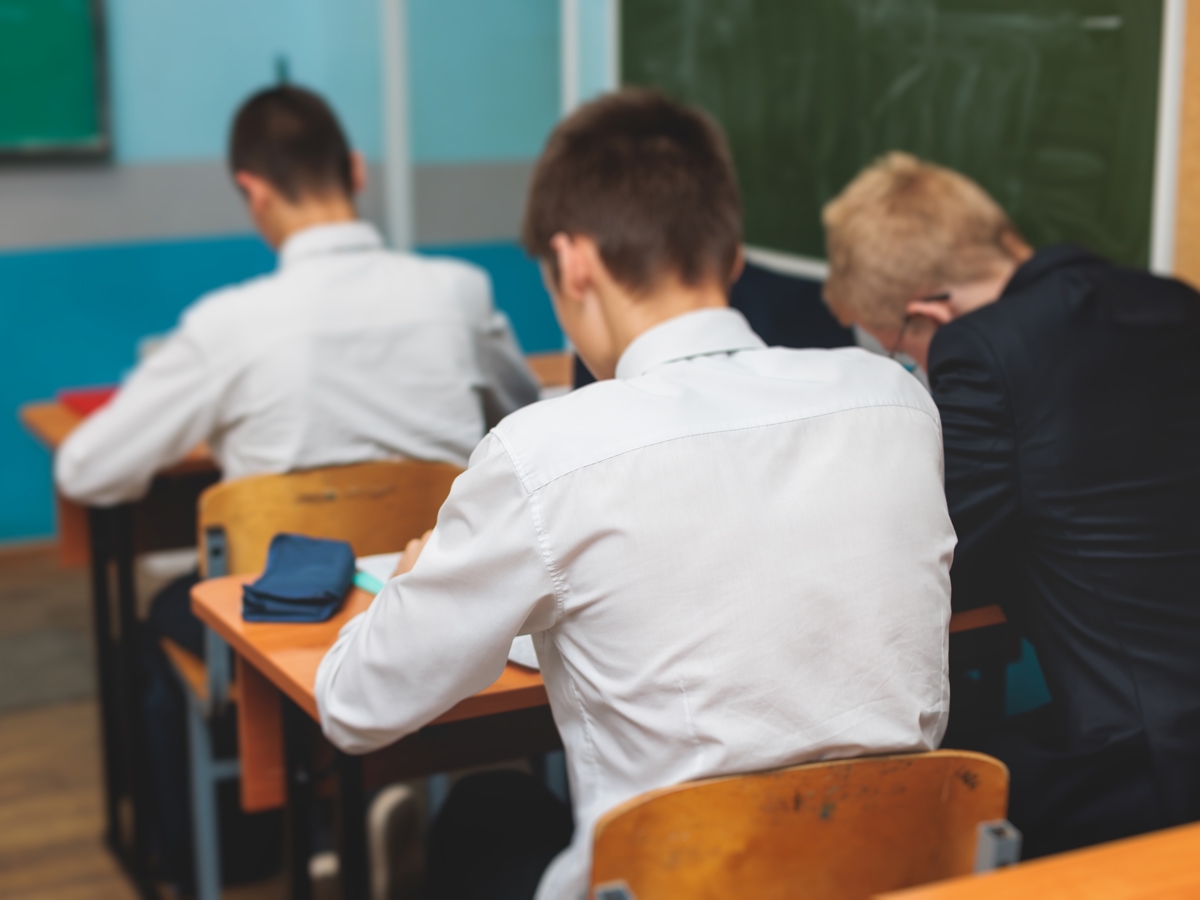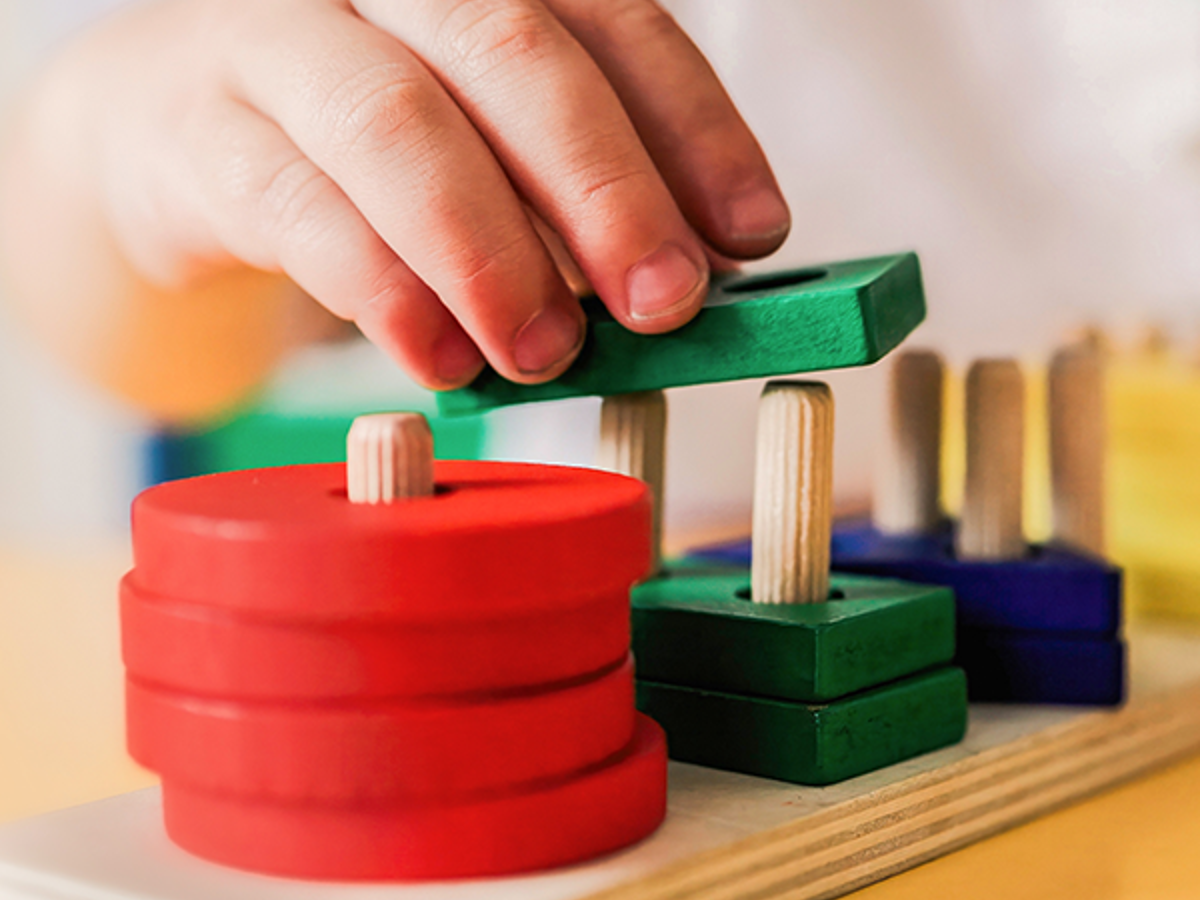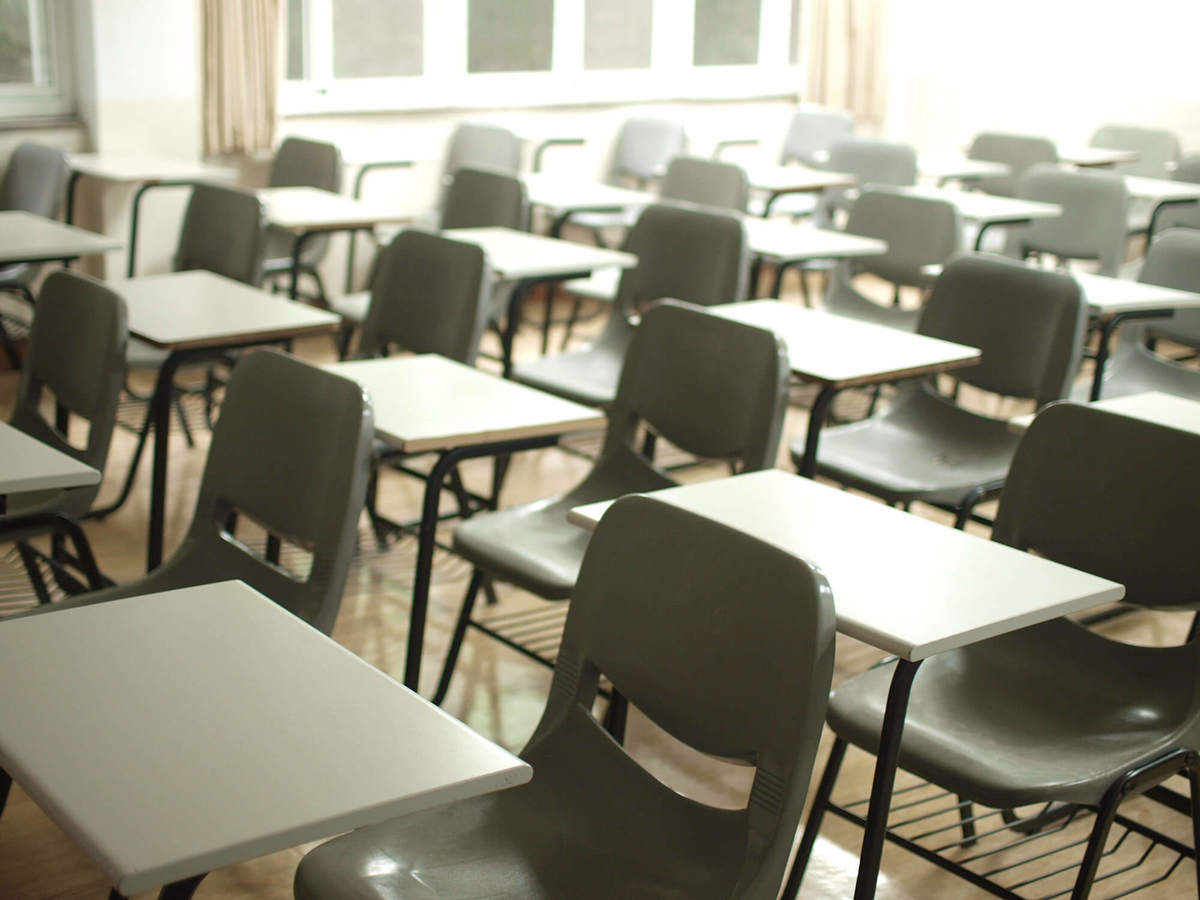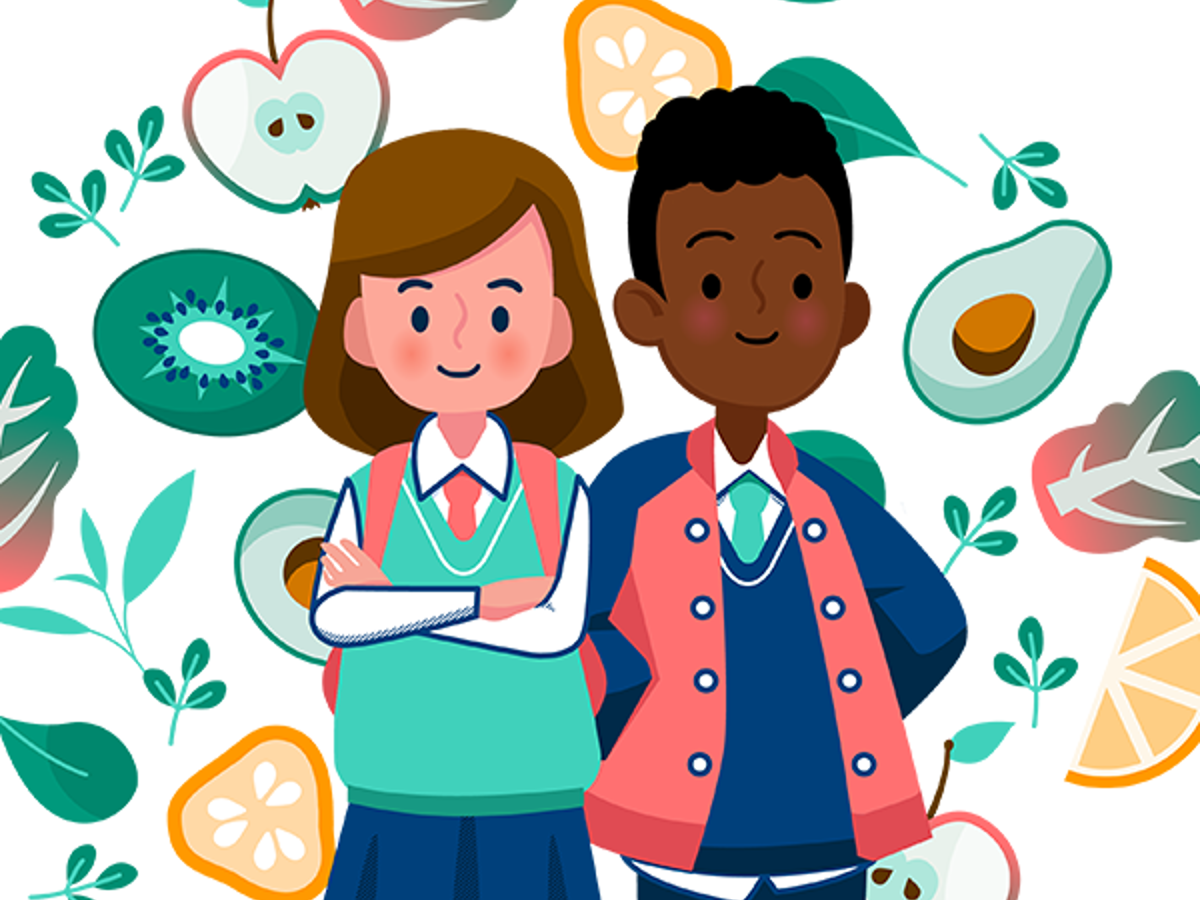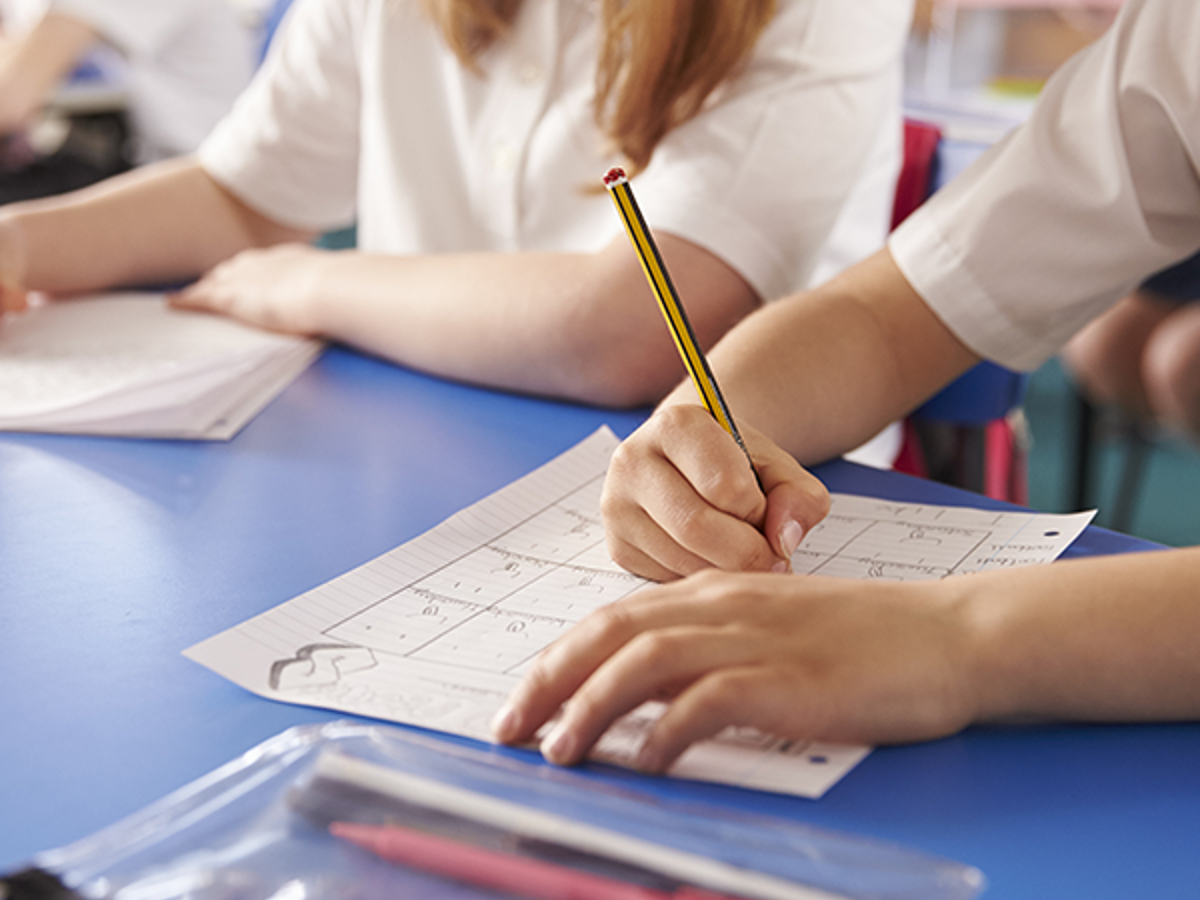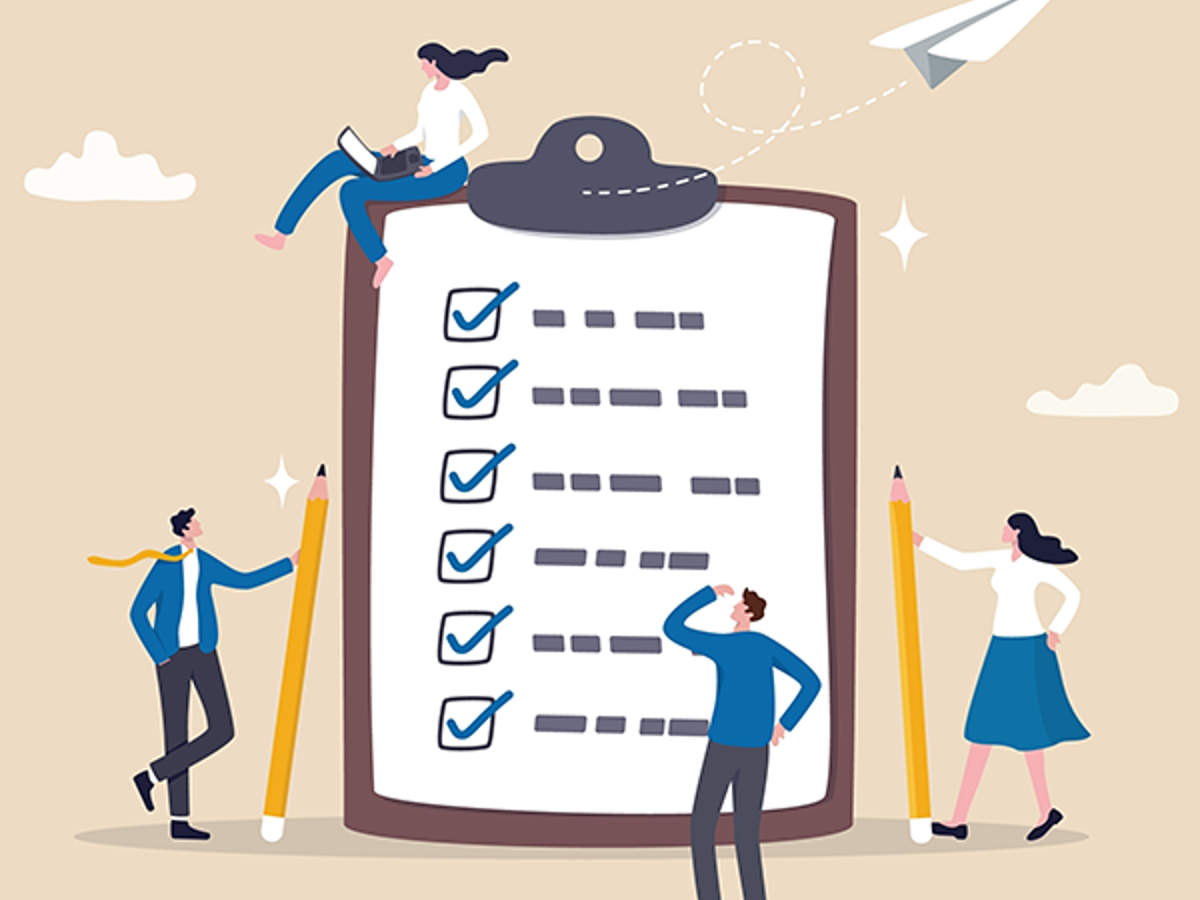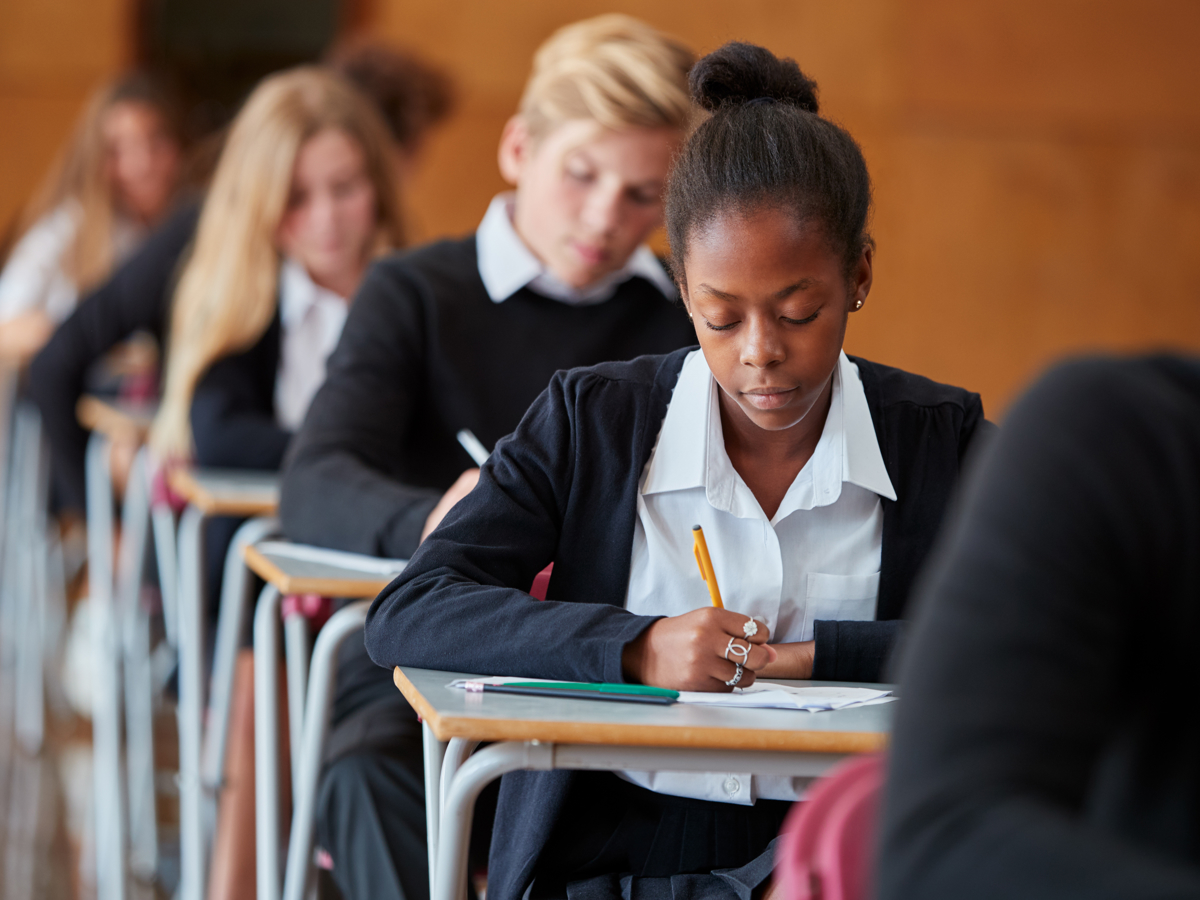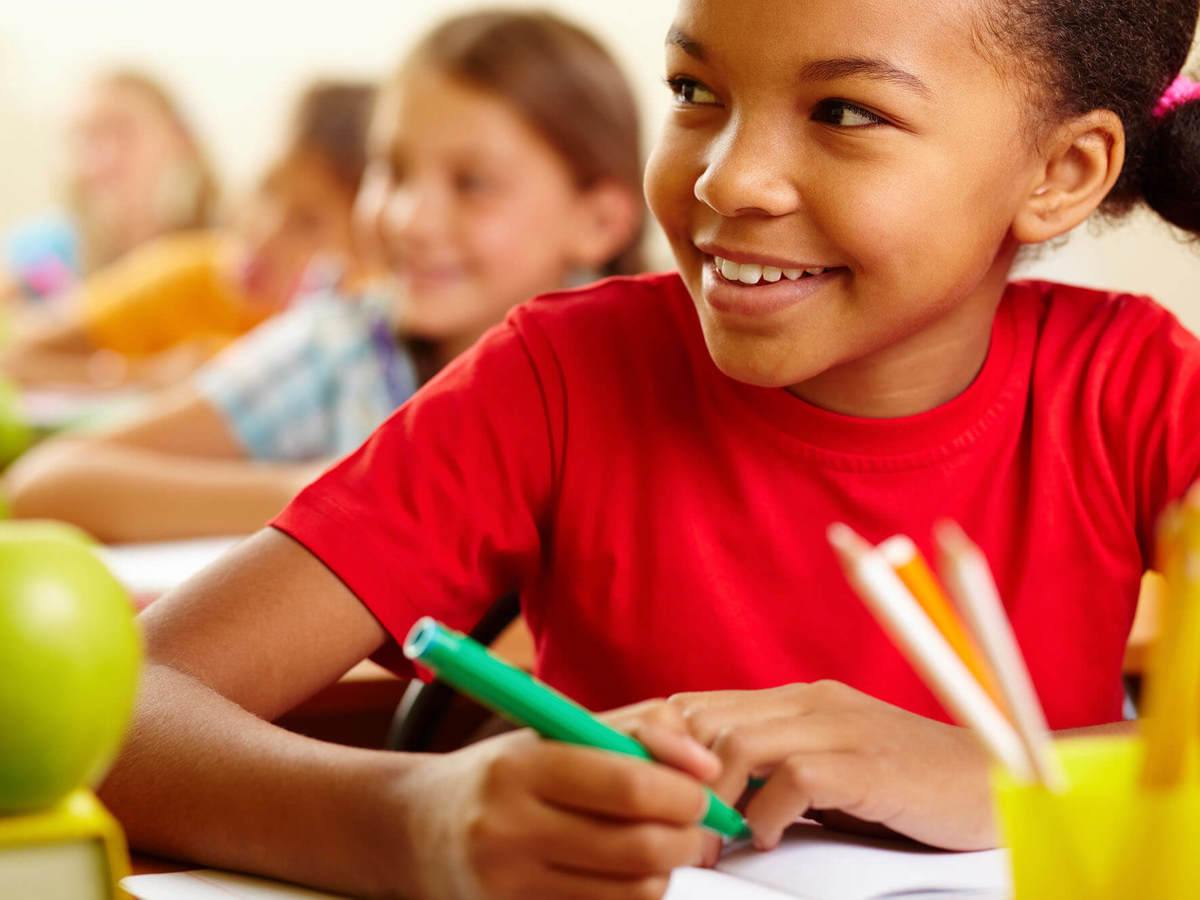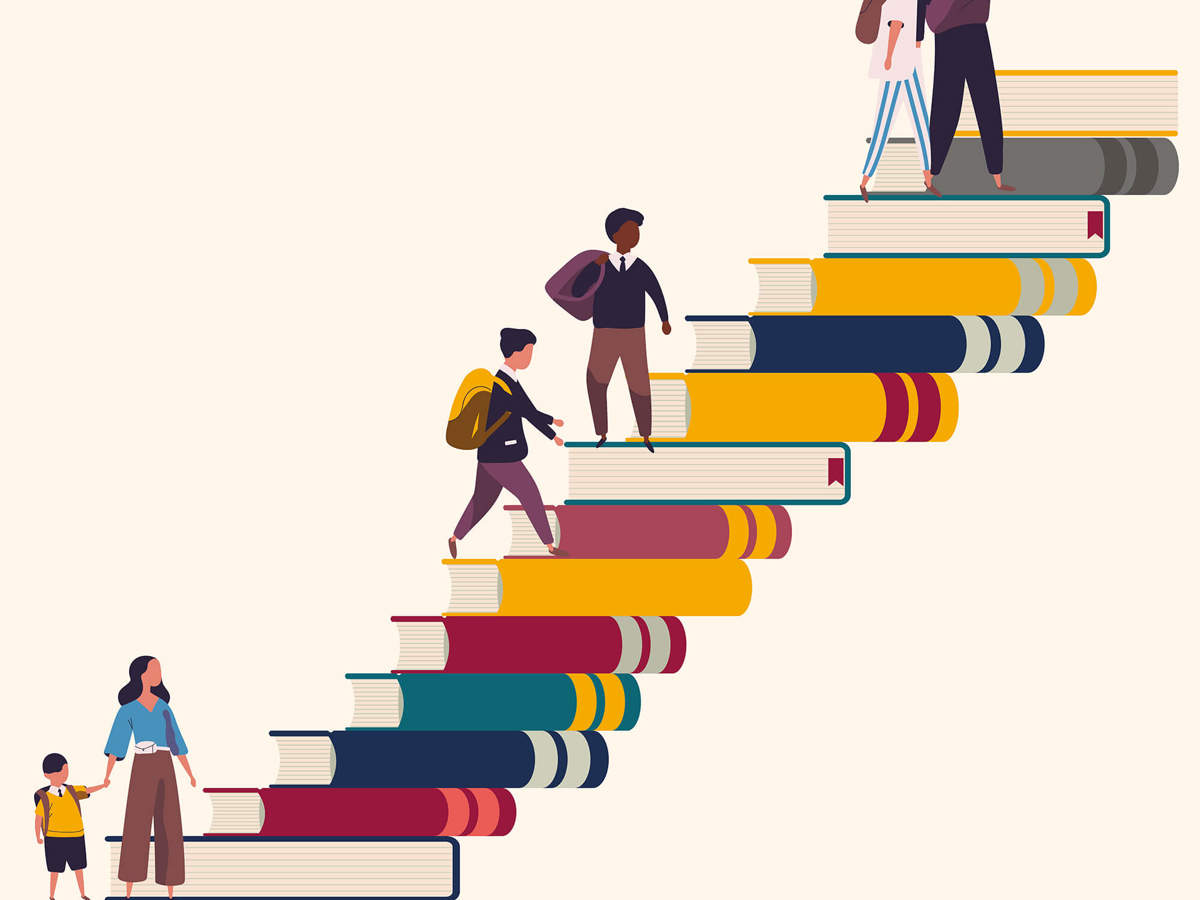Cultural education
Exploring the benefits of arts, culture and creativity and how you can influence provision in your school or trust.
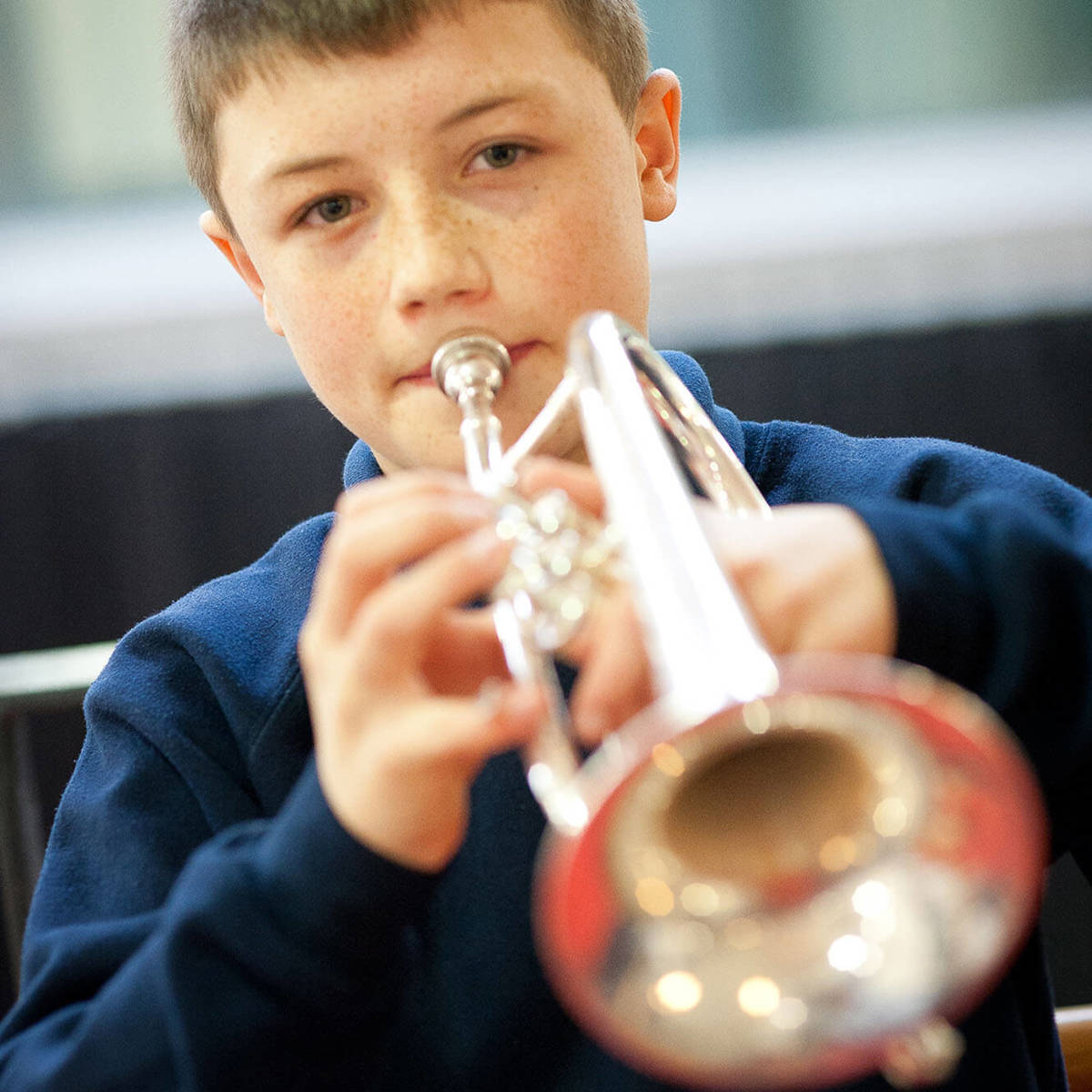
It is a legal requirement for all schools to promote the cultural development of their pupils through the spiritual, moral, cultural, mental and physical development education requirements. Guidance from the Department for Education outlines the minimum levels of cultural activities that pupils should experience. While these are voluntary recommendations, they provide a benchmark for boards to reflect on.
Cultural education can enhance aspiration and ambition, develop communication and build discipline and confidence in young people. Our collection of cultural education guidance for governing boards explores the benefits of arts, culture and creativity and explains how you can positively influence provision in your school or trust.
Arts, culture and creativity: a guide for governing boards
This guide provides an introduction to cultural education, outlining how you can work strategically to achieve your ambition for all pupils to receive a rich and diverse cultural education. The guide recommends the following approach:
- make cultural education part of your vision for the future
- use your vision to develop strategic goals and policy
- engage stakeholders in a whole school approach
- invest sufficient resources
Subject guides: drama, dance, music, and art, craft & design
Governing boards have an important responsibility to ensure their school or trust offers pupils a broad and rich curriculum which includes diverse and wide-ranging art forms and cultural experiences.
Our subject-specific guides outline the characteristics and enablers of high quality provision. The guides also provide recommendations for monitoring provision in your school or trust.
E-learning
Arts and cultural education for school improvement
Subscribers to NGA Learning Link can also access an e-learning module which has been designed to help governing boards understand how arts and cultural education can be used for school improvement.
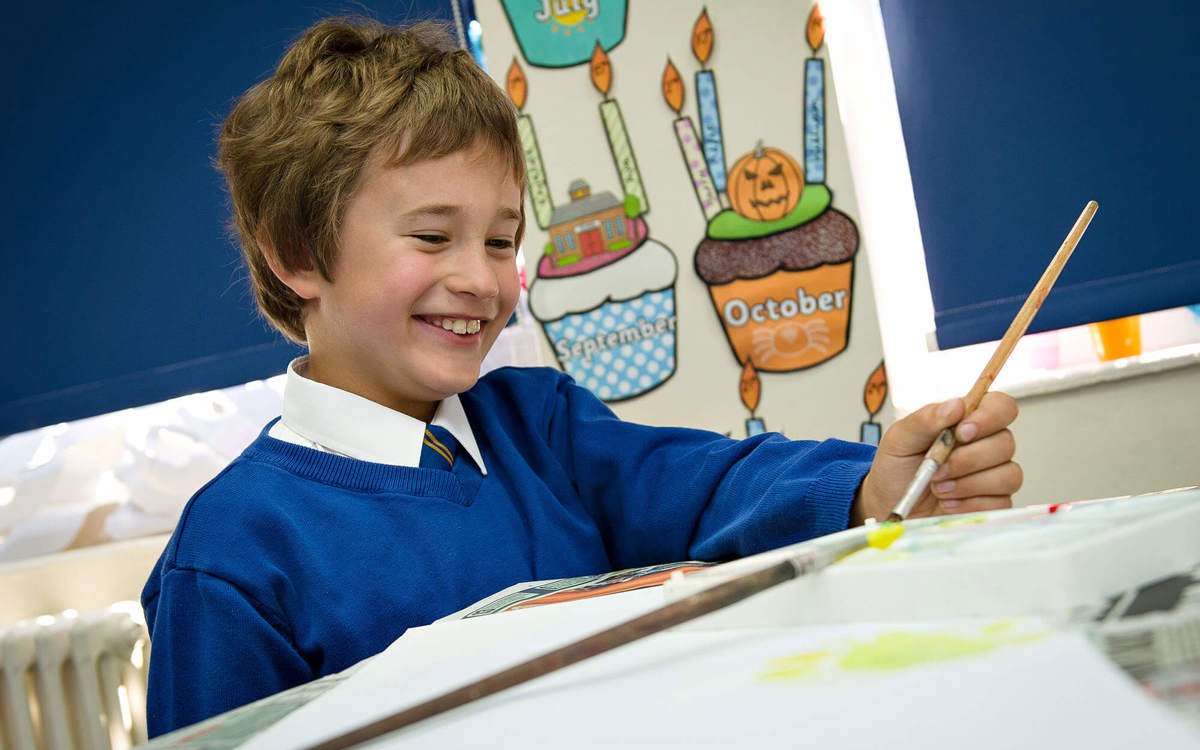
Related content
-
Guidance
![Pupils-learning teaching secondary school class]()
-
Tools & templates
![school-environment pupils running on field]()
-
Guidance
![Pupils-learning group of pupils in uniform]()
-
Guidance
![school-environment group of pupils out on a trip]()
-
Guidance
![Pupils-learning young pupils running out of their school gates]()
-
Guidance
![Pupils-learning class learning in the library around a table]()
-
Guidance
![Man pointing at a word on his document in a meeting with two others]()
-
Guidance
![training three woman in discussion]()
-
Tools & templates
![Pupils-learning pupils doing arts and crafts with the teacher]()
-
Guidance
![school-environment unorganised classroom desk]()
-
Guidance
![training group of five looking at notes and phones]()
-
Guidance
![Pupils-learning smiling pupils outside sitting down on grass]()
-
Tools & templates
![training six people looking same direction]()
-
Tools & templates
![tools-resources spread and organised documents being checked over]()
-
Guidance
![Pupils-learning having packed lunch]()
-
Training & development
![tools-resources woman at a desk with others using a calculator]()
-
Training & development
![Man talking to two people in meeting]()
-
Training & development
![training two people discussing something with someone in background watching]()
-
E-learning
![Pupils-learning about electricity and circuits]()
-
E-learning
![]()
-
E-learning
![]()
-
E-learning
![]()
-
E-learning
![]()
-
E-learning
![]()
-
E-learning
![]()
-
E-learning
![]()
-
E-learning
![Pupils-learning pupil smiling with paint covered hands]() 45 minsPupils & learning
45 minsPupils & learningArts, culture and creativity: improving your school or trust and its curriculum
-
E-learning
![]()
-
E-learning
![]()
-
E-learning
![]()
-
News
![]()
-
Governing Matters
![]()
-
Webinar
![]() 20/05/202512:30 - 13:15Disadvantage: widening the lens
20/05/202512:30 - 13:15Disadvantage: widening the lensLet’s talk about attendance - who’s really accessing education?
-
News
![]()
-
Blog
![]()
-
News
![school-environment empty chairs and desks]() Updated: 05/12/2024Disadvantage: widening the lens
Updated: 05/12/2024Disadvantage: widening the lensEPI report reveals over 300,000 children missing from education
-
News
![]() Updated: 04/11/2024Wellbeing
Updated: 04/11/2024WellbeingNGA launches Free E-Learning Module on School Food Standards – In Partnership with DfE
-
News
![]()
-
Blog
![]()
-
News
![]()
-
Webinar
![Pupils-learning young pupils ready to write]() 02/05/202416:30 - 18:00Wellbeing
02/05/202416:30 - 18:00WellbeingGovernance Leadership Forum - Pupil mental health and wellbeing (MATs and local governing boards)
-
Blog
![]()
-
News
![people in meeting looking across each other at table]()
-
News
![]()
-
Governing Matters
![]()
